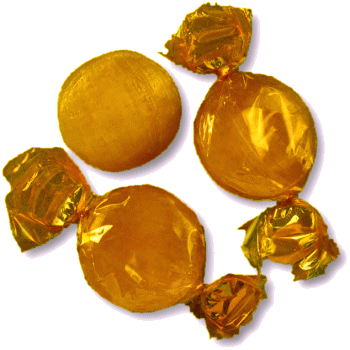




WELCOME TO An Entertainment Site for Scottish Country Dancers - Enjoy the curated selection of theme-related dances for celebrations and holidays, or find a dance associated with a special calendar day, or EVEN your own birthday!
The Ale House Door, Henry Singleton, 1790
Porter & Stout Day
Nov 7
Other Scottish Country Dances for this Day
Today's Musings, History & Folklore
"When things go wrong and will not come right,
Though you do the best you can,
When life looks black as the hour of night –
A pint of plain is your only man."
~ The Workman's Friend, Flann O'Brien (1911-1966)
Feeling the need for a pint of plain? Fancy a pint (or two) to go with your Scottish Country Dancing? If you're partial to a dark, strong beer like stout, you'll feel right at home with a porter, a drink historically labeled with names like "Extra Porter," "Double Porter," and even "Stout Porter." This beloved brew hails from 19th-century London, where dockworkers, known as "river porters," made it their go-to after a long shift. The saying "mind your p's and q's" may even trace back to 17th-century pubs, where barmaids carefully poured pints and quarts, keeping tabs on thirsty customers. So, dancers, mind your own p’s and q’s on the floor—especially those three beats in the "pas de basque" — and nail the first setting step of this lively reel, cleverly named after a certain "Porter" who earned the preliminary Teaching Certificate. Cheers all around! 🤎 🤎 🤎 🍺 🍺 🍺
Passing the Porter
It's International Stout and Porter Day!
Many brewers still agree that the difference between stout and porter is based on the kind of malt that should be used to brew each type of beer. Porters use malted barley while stouts are primarily made from unmalted roasted barley, which is where the coffee flavor most people associate with stout.
The name "porter" was first recorded in the 18th century, and is thought to come from its popularity with street and river porters.
The name "stout" as used for a dark beer is believed to have come about because strong porters were marketed under such names as "Extra Porter", "Double Porter", and "Stout Porter". The term "Stout Porter" would later be shortened to just "Stout". For example, Guinness Extra Stout was originally called Extra Superior Porter and was only given the name Extra Stout in 1840.
During the First World War in Britain, shortages of grain led to restrictions on the strength of beer. Less strict rules were applied in Ireland, allowing Irish brewers such as Guinness to continue to brew beers closer to pre-war strengths. English breweries continued to brew a range of bottled, and sometimes draught, stouts until the Second World War and beyond.
Many breweries now brew porters in a wide variety of styles and flavours, including pumpkin honey, vanilla, plum, chili, and chocolate!
Care to sample a Scotch Ale of the pumpkin variety this season? Click the label for reviews.
Whatever the style you're fond of, "Pass the porter!"
Click the dance cribs or description below to link to a printable version of the dance!




